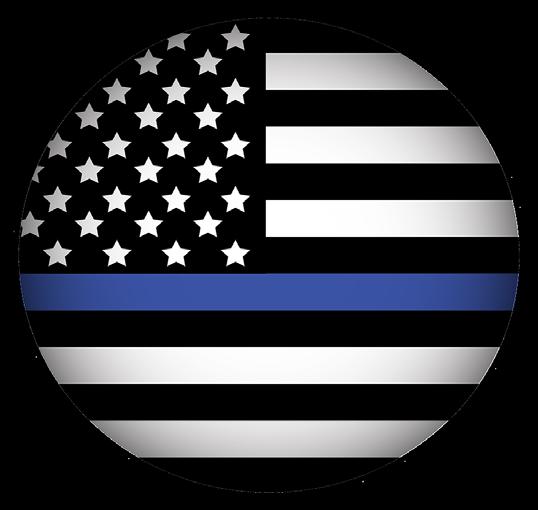
2 minute read
Learning to Come Home
Army veteran hails VA Vet Centers as ‘lifesaving’ after transition struggles

By Matt Saintsing
Jennifer Brown felt lost as she struggled to adjust to life as a civilian in 2015. Doubtful about some of the care she was receiving at the Department of Veterans Affairs medical center, Brown wanted more say in her treatment and to work with someone who understood what it was like to be a veteran.
“I wanted to speak to someone who had lived experience very similar to mine that could understand what I was going through without me having to translate everything for them,” said Brown, who served six years as an aircraft structural repairer in the Army.
An internet search led her to a VA resource she hadn’t heard of before—her local Vet Center.
According to the VA, there are over 300 Vet Centers in all 50 states and territories. The facilities offer counseling, community engagement and other mental health services—at no cost—to eligible veterans, service members, and members of the National Guard and Reserve.
Jeff Case, director of the Salt Lake City Vet Center, points to Vet Centers as unique facilities that operate somewhat independently from the main VA medical centers.
The centers’ main clients are veterans who have deployed to combat zones or experienced military sexual trauma while in service.
Brown endured both.
“I experienced a lot of violence, and a lot was happening in the back of my mind that I wasn’t even fully aware of,” said Brown, who deployed to Afghanistan.
She said the Vet Center helped her immensely in addressing her transition out of the military and other lingering mental health needs.
Case said many veterans who come in experience severe mental health issues, such as post-traumatic stress disorder, but Vet Centers offer a wide range of mental health services. Veterans dealing with substance abuse, depression, mood disorders and suicidal ideation are welcome to walk in to seek help. But help for other needs, such as readjustment back into the community and marital counseling, is also available.
“Vet Centers can be a beneficial resource that shares ties with DAV,” said DAV National Adjutant Marc Burgess. “The Vietnam Veterans Outreach Program— the precursor to today’s Vet Centers—was based, in part, on research conducted by the DAV-funded Forgotten Warrior Project. We’re proud of what Vet Centers have become and know they’ll help veterans for generations to come.”
And through understanding that mental health care is not linear, veterans are free to come and go as needed.
“One of the things that we value about our military service is a sense of community and a sense of family,” said Case. “What we do with Vet Centers is we hope to be a gathering place for veterans, especially those who might feel isolated and misunderstood.” n
Brown










